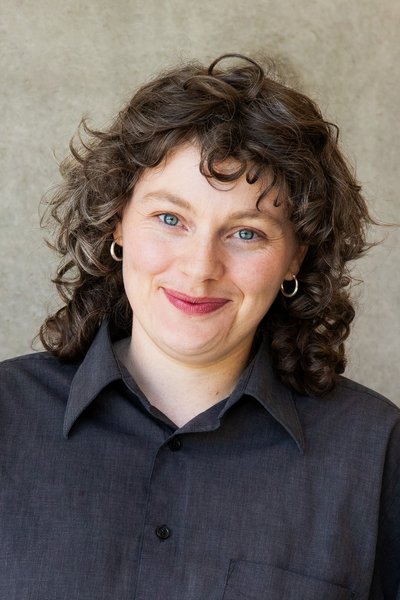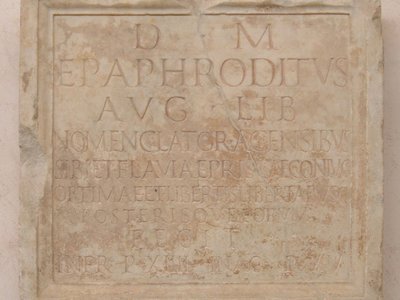Cinnamon Ducasse is a legal historian of the later Roman Empire, specialising in the intersections of law, religion and economics in Late Antiquity. Her research focusses on how law was mobilised by imperial, ecclesiastical and lay actors in their economic practices. She is particularly interested in questions of how and when law is produced, activated, changed and developed, as well as in the place of legal ideas and action within broader social processes.
Dr. Ducasse holds a BA in Arts and Humanities from Birkbeck College (University of London) and an MLitt in Legal and Constitutional Studies from the University of St Andrews. She completed her PhD in Medieval History at St Andrews in 2025, as a member of the ERC project ‘Common Law, Civil Law, Customary Law: Consonance, Divergence and Transformation from the 11th to 13th Centuries’. Her thesis examined the meanings, administration and ownership of ecclesiastical and monastic property in the constitutions of the emperor Justinian I (r. 527-565 CE).
She is currently a postdoctoral researcher on the project "A01: Ambiguous Property from Late Antiquity to the Middle Ages" within the Collaborative Research Centre: Structural Change of Property.

